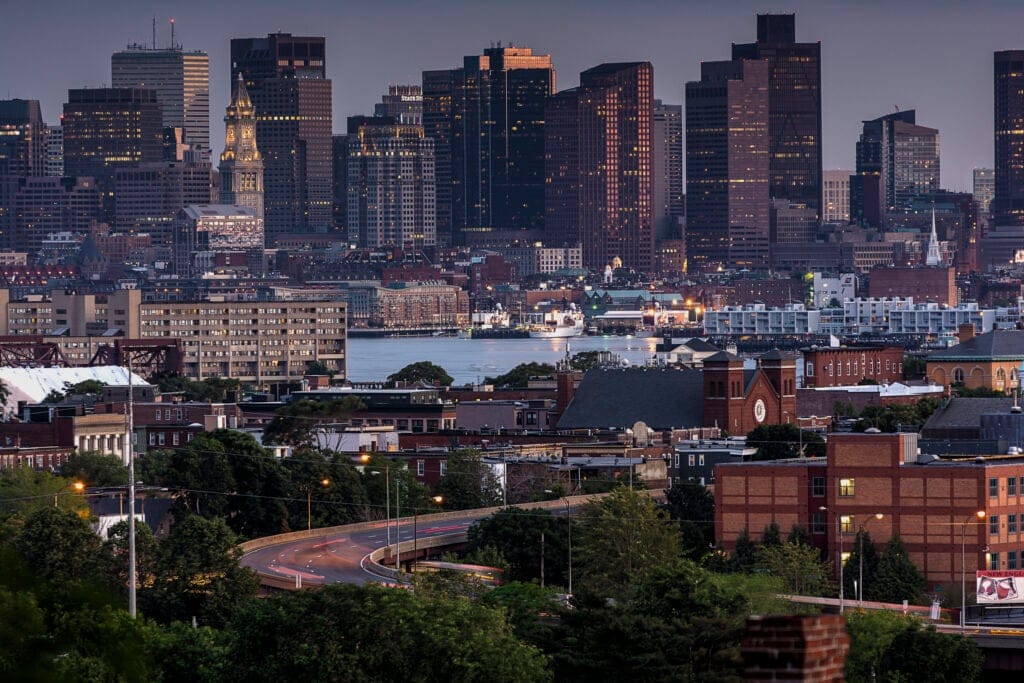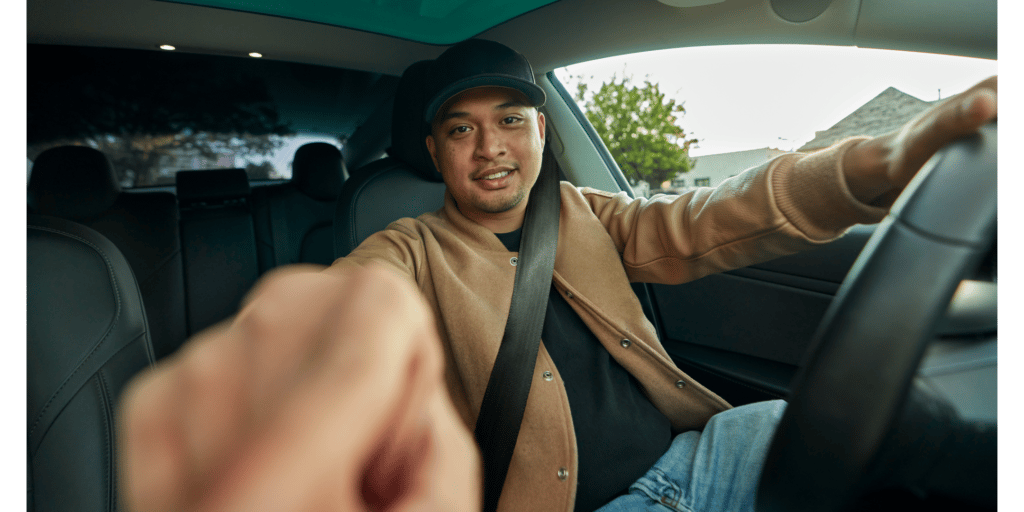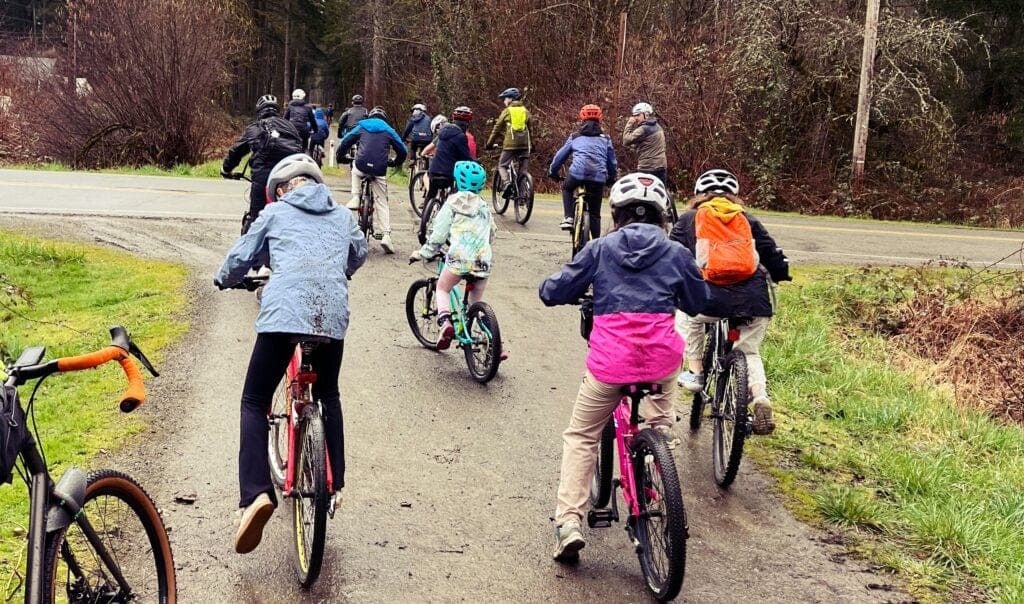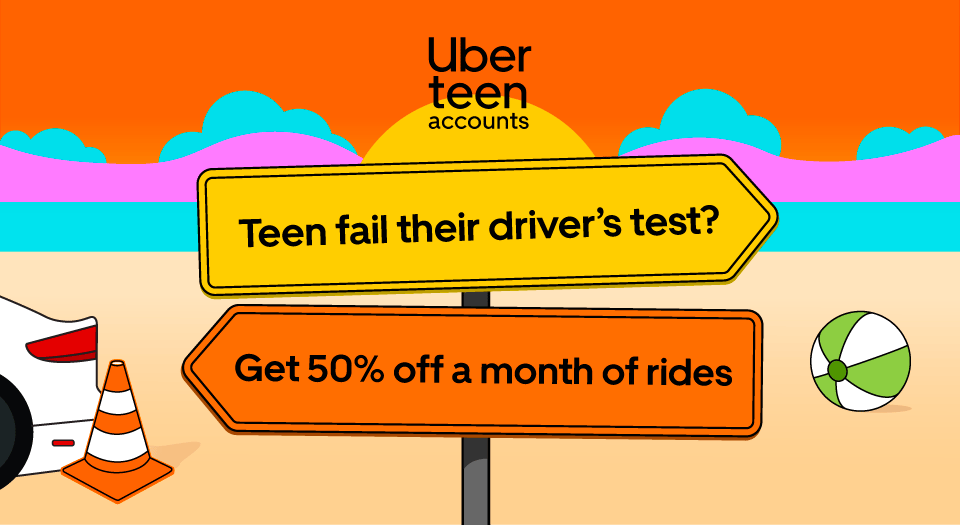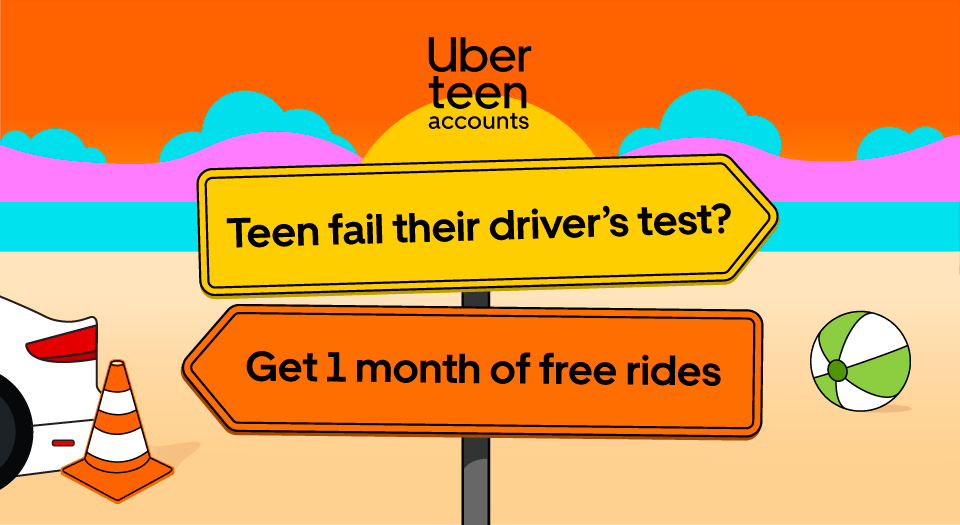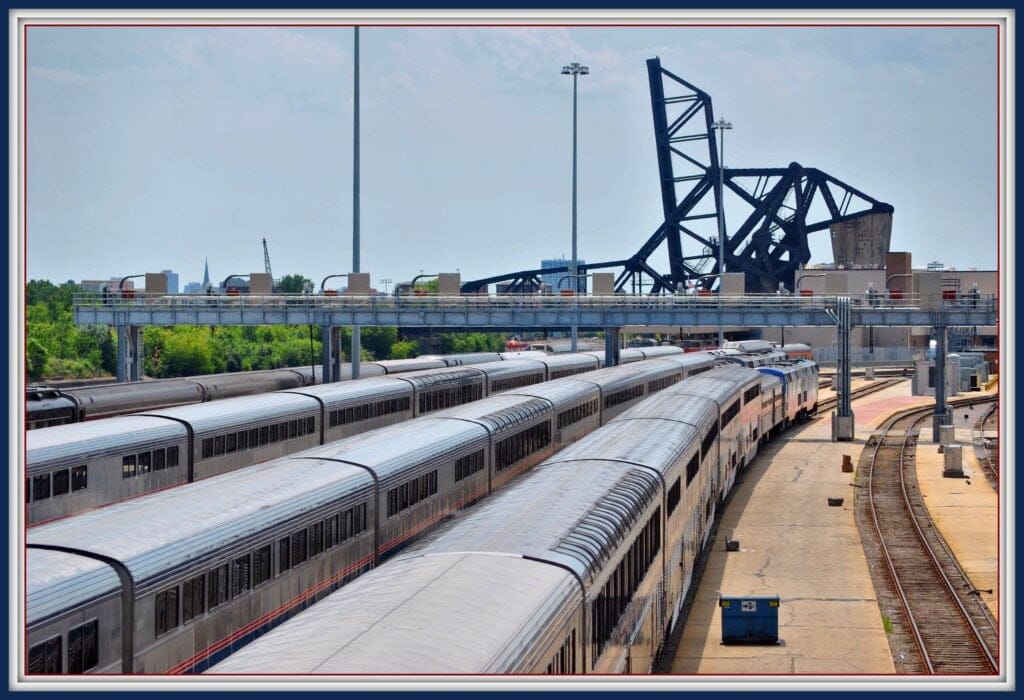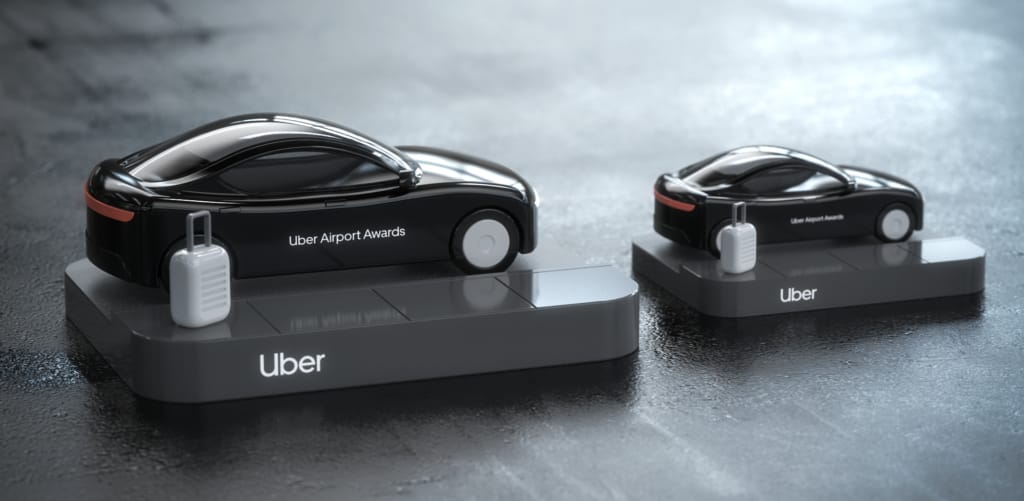On the move in Columbus
Things to do and ways to get there
Get a ride when you need one
Sign up to rideStart earning in your city
Sign up to driveGet a ride when you need one
Download the AppStart earning in your city
Sign up to driveMost popular
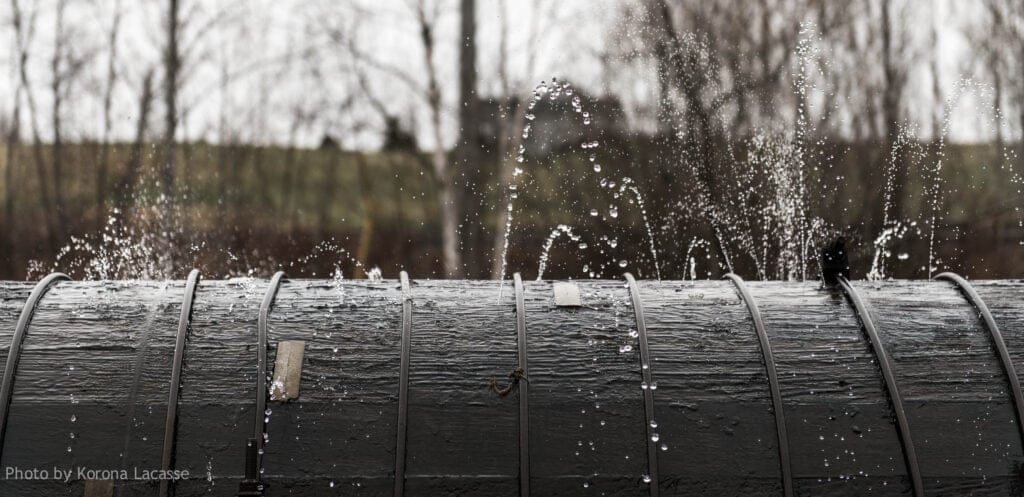
Engineering, Backend, Uber AIMay 1 / Global
Fixrleak: Fixing Java Resource Leaks with GenAI
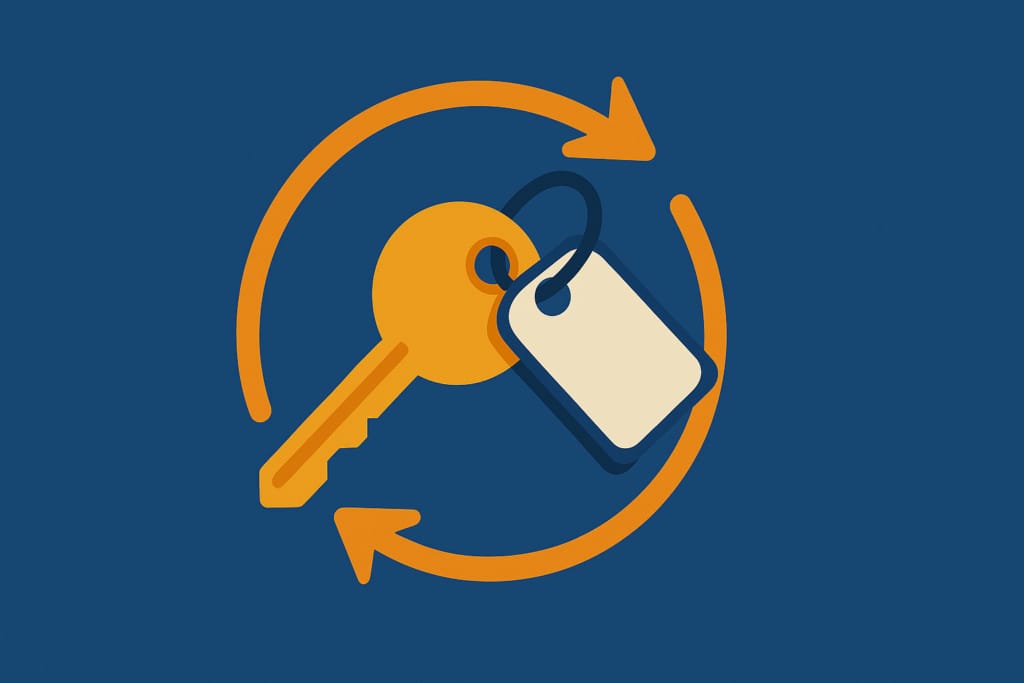
Engineering, Backend, SecurityJune 18 / Global
Automating Kerberos Keytab Rotation at Uber
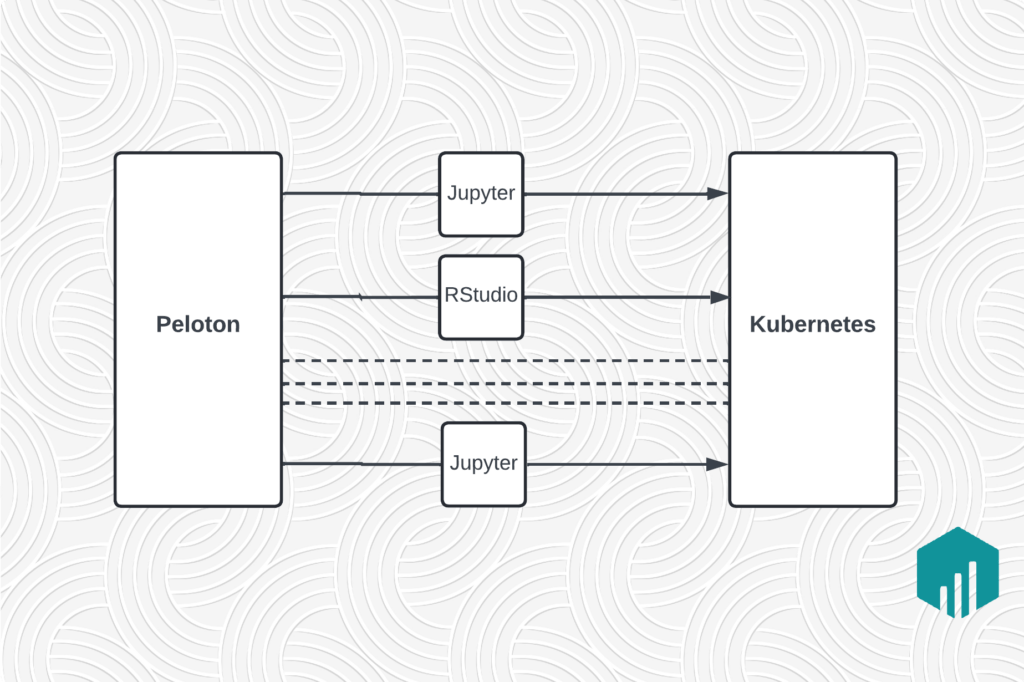
Engineering, Backend, Data / MLMay 8 / Global
Migrating Large-Scale Interactive Compute Workloads to Kubernetes Without Disruption

EngineeringJune 20 / Global
The Evolution of Uber’s Search Platform
Products
Company
